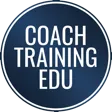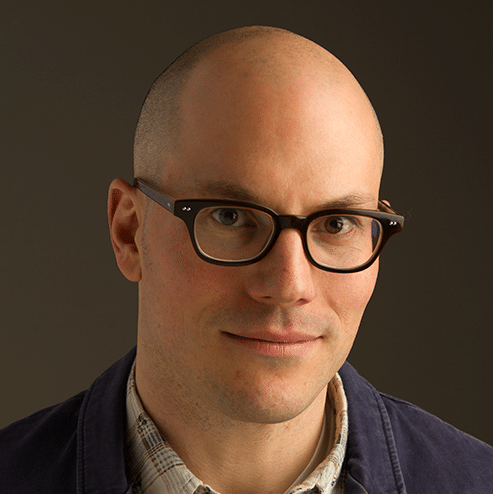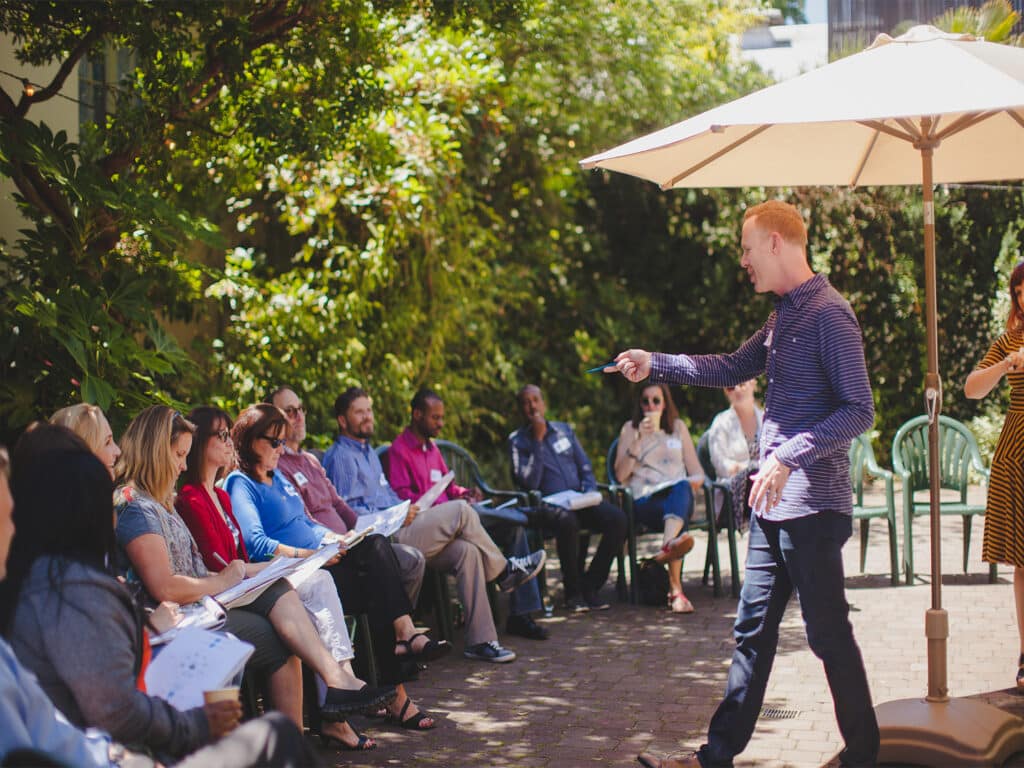Live Questions and Answers
In this Coaching to Flourish Live, Coach Training EDU co-founder John Andrew Williams and CTEDU Associate Provost Ashley Scott, answer questions on dealing with anger issues, what it means to live more authentically, how coach training transforms the trainee, and recommend a powerful coaching question you can use this week to shift negative perceptions.
https://youtu.be/2MsmxfQT4WE
Great Takeaways/Sidebars:
- How the coach shifts into the space with the client.
- Trusting yourself and the coaching process.
- What it means to be the author of your life.
- Community and personal authenticity.
- How coach training affects the trainee personally.
- Mentorship versus Coaching.
- Shifting negative perceptions.
Quotes to Ponder
“For me, when a client comes and says I want to manage this emotion or I want to be in this space, it’s an invitation to dig deeper, not necessarily into the past, but to dig deeper into the present moment looking at what type of structure we can put into place to help get them where they want to go.” John (3:22)
“The word ‘authentic’ shares a Latin word with ‘author,’ and it literally means someone being the author of their life. You get to write your narrative. You get to choose the narrative you want to take on.” John, on living more authentically. (10:02)
“I have learned that everyone has a narrative – a story we tell about ourselves, a story we tell about the world around us. Human beings are extremely story-based to such a degree that some of these stories we tell ourselves we take for granted [as being truth], and they have influence, and sometimes it’s hard to see what that influence is. A lot of the value of a coaching session is to process out loud and hear your narrative from the standpoint of a coach who is acting like a mirror and can mirror back through questions and curiosity and sometimes even challenge it. Sometimes narratives do need to be challenged when there is a limiting belief we’re holding onto that we may have picked up 20-30 years ago that no longer serves us. That is a narrative that needs to be challenged, and a coaching session is an appropriate place to do that. It’s really powerful in that way.” – John (10:30)
“Someone who made a mindful, conscious decision to focus on their strengths. To me, that feels like the definition of authenticity. It’s an awareness of the narrative we’re telling about ourselves and the world, and a courage to focus on our strengths and allow others to help us when we need it.” – John (13:00)
On the power of community and how it relates to authenticity, “One thing that came to mind was this idea of ‘all pieces of somebody being welcome’ and understanding that we’re complex humans and there are multiple layers and pieces to all of us. The idea of authentically showing up in that space with other people and having people who see you for who you are and also encourage you and challenge you for more can really inspire and encourage authenticity. Confiding in safe people – people you’re doing life with – can really make an impact and help empower you to live authentically, and vice versa; you’ll do the same as you begin to live more authentically; it will empower others to do the same thing.” – Ashley – 15:49
“It feels like coach training is a way of personal development.” – John (17:22)
“When you’re caring about the work in a deeper way, and you’re able to engage in emotional labor, you’re able to connect with human beings. What coach training does is give us specific tools that help us connect better with human beings. We learn how to listen more powerfully and ask questions that have freer curiosity. It gives you a more detailed and robust way of viewing the world and yourself. You can’t help but grow personally and develop in that way when we do these things.” – John (18:22)
On coach training, “I think one of the biggest, surprising things that people consistently say is that they grew as much personally as they grew professionally in this process.” – Ashley (19:45)
On the journey to becoming a coach, “I don’t think the level of [personal] transformation is something that is expected for most coaches going through the program.” – Ashley (21:00)
“One thing that I have learned is that I will continuously, always be learning and growing. That’s what I want to be a part of my life. I don’t want to stay stagnate. I want to become the best version of myself every year, and that comes with being curious about myself and growing with my clients. I love that about the life coaching journey.” – Ashley (22:00)
“Once you tap into this world [of coaching] there is no going back. It’s going to impact you pretty strongly for the rest of your life. I think that is really beautiful.” – Ashley (22:29)
“There is so much growth that happens in this field. There is a misconception about the coaching world that you need to have your life totally together before you’re able to help other people.” – John (22:45)
“When we were starting out in the early 2000s and said we want to be life coaches, the assumption is you need to be an expert in life before you can coach someone or learn how to do it. That, though, is a mentor relationship. The definition of a mentor is you’re speaking with someone who has done what you want to do, and they’re giving you practical advice to get you to that place. It’s different from coaching.” – John (23:00)




